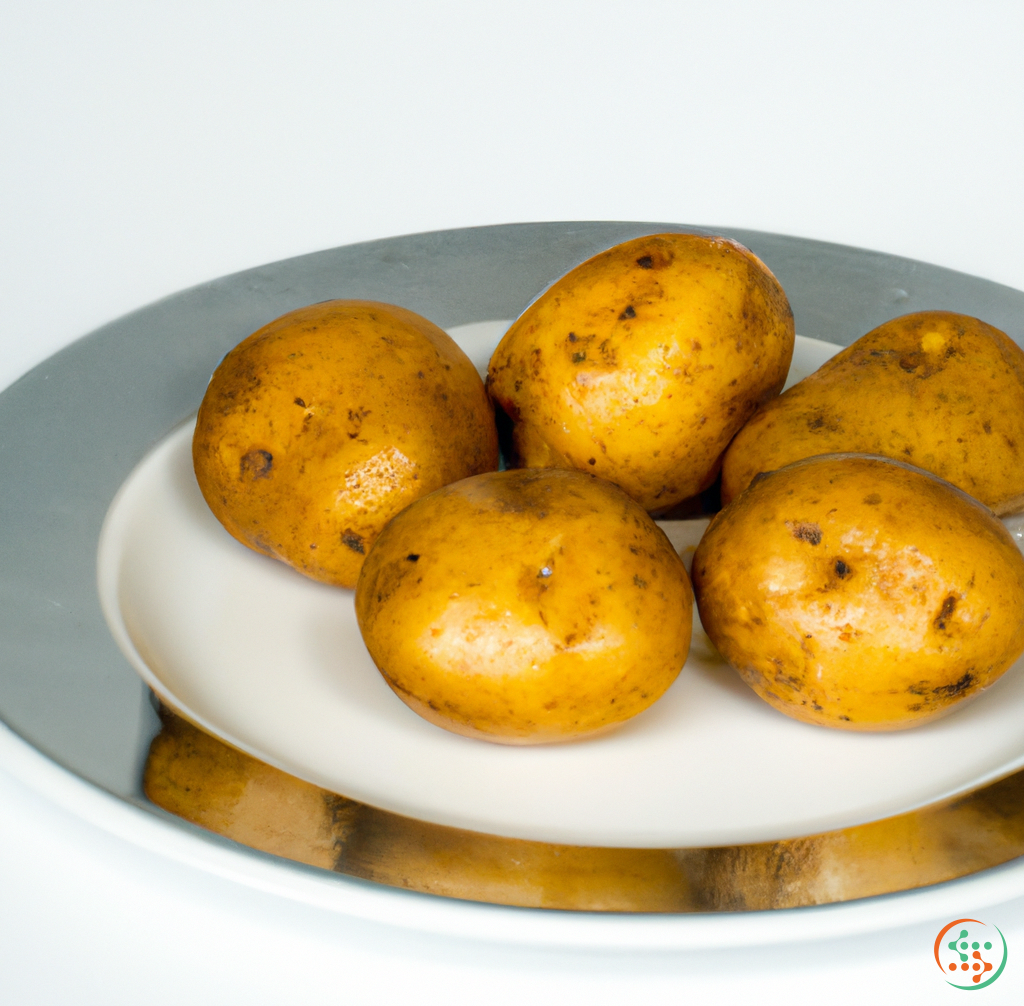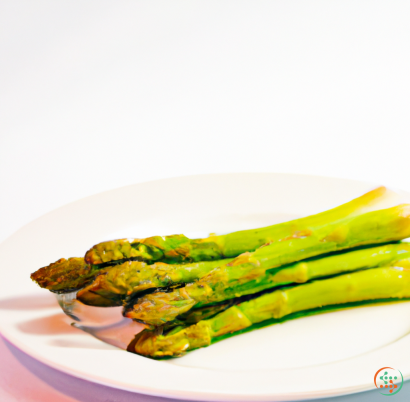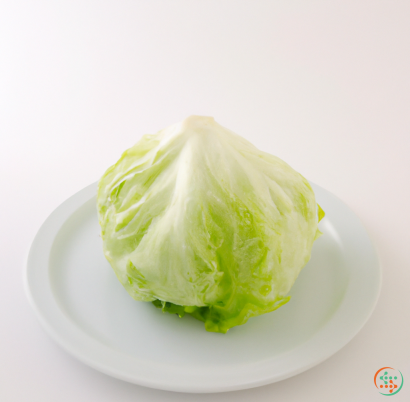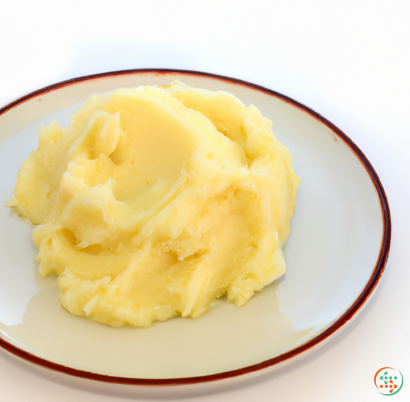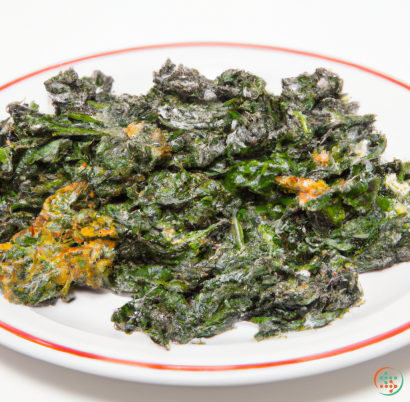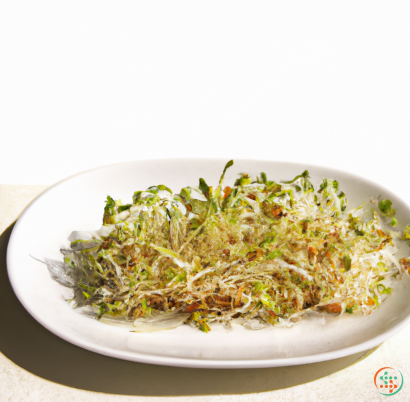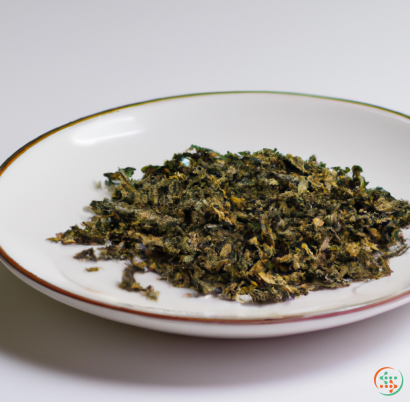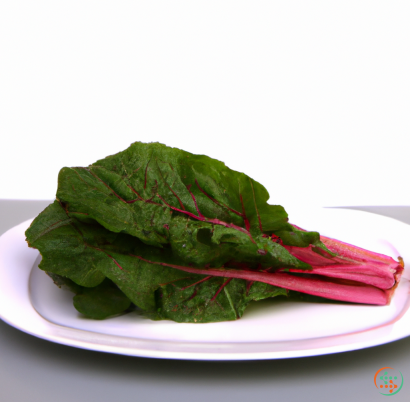Potatos
The potato is one of the most versatile and indispensable vegetables in the world. It is a nutrient-rich vegetable that is high in vitamins and minerals, and is a staple in many cuisines around the world. Its versatility and reliability make it one of the most popular vegetables consumed worldwide.
Potatoes are incredibly nutritious, providing a wide range of essential vitamins, minerals and energy-providing macronutrients, as well as several flavonoids and carotenoids. They come in dozens of varieties, each with its own distinctive characteristics, including color, texture, flavor, cooking properties and nutritional profile.
Potatoes are high in carbohydrates, but they also provide essential vitamins and minerals, making them a nutrient-rich vegetable. Potatoes contain Vitamins A, B and C, potassium, magnesium and phosphorus. Potatoes are a good source of dietary fiber, helping to keep your digestion regular, keep you full longer, and maintain healthy blood sugar levels. Potassium helps your muscles contract, and magnesium plays a role in nerve and muscle functions. Phosphorus is involved in cellular processes, including energy production and storage, so potatoes have a lot to offer in terms of nutrition.
When choosing a potato, look for ones that are firm and appear undamaged. There should be no signs of sprouting, which is an indication of age. Store potatoes in a cool, dark place. Bagged potatoes are better than loose potatoes because of the extra protection they offer.
Potatoes can be prepared in a variety of ways, including boiled, mashed, baked, fried and roasted. Each way of preparation imparts its own flavors and textures. Boiled potatoes work well as a side dish in a meal, while mashed potatoes are great for making creamy soups. Roasted potatoes can make a delicious snack, while baked potatoes offer a nutritious alternative to a sandwich. When fried, potatoes make the perfect French fries.
Potatoes are very versatile and can be used in numerous dishes. They can be added to soups, stews and casseroles, used as a base for salads, or simply served on their own. They can also be cooked with other vegetables to create filling and nutritious sides.
When cooking potatoes, be sure to remove any sprouts or green areas from the skin (which are indicators of age and may taste bitter). Potatoes must also be cooked until tender – the potatoes should be fork-tender and the skin must be tender enough to be pierced easily with a fork.
As potatoes age, they start to form glycoalkaloids – a form of defense for the potato that can have a bitter taste and cause digestive discomfort. So it's best to choose potatoes that are fresh and store them properly to ensure they remain safe to eat.
The humble potato is one of the world’s most versatile and nutritious vegetables. It’s a great source of essential vitamins and minerals, dietary fiber and energy-providing macronutrients, making it a valuable part of any diet. With dozens of varieties, each with its own flavor and texture, the possibilities are endless. So next time you’re shopping for groceries, don’t forget to pick up some potatoes to add to your meals – you won’t regret it!
The Journey of a Potato from Seed to Dinner Plate
The potato is one of the most treasured ingredients in many dishes around the world. However, before it makes its way to the dinner plate, it has to go through a complex and interesting journey that starts with a single potato seed and ends with a full-fledged vegetable. In this blog post, we will take a look at the different stages of this journey and examine how a potato is created and travels to a dinner plate.
Potato Seeds
The journey of a potato starts with the potato seed. This could either be grown from a potato tuber, or from a specially certified variety of seed potatoes, which are essentially small potatoes that have been specifically selected to produce a certain type of potato. These are usually sold in specialty seed catalogs and farmers markets. They are smaller than table potatoes, which means they can produce an abundant harvest much faster.
When planted in the ground, the seed potato must be covered with soil to a depth of up to four inches. The soil should be well cultivated and free of weeds. If the soil is too wet or too dry, or if there are too many weeds, this will affect the growth of the plant. After planting the potatoes, they must be kept well-watered throughout their growth cycle.
Vegetative Growth
Once the potato seeds have been planted, they will begin to sprout, and a stem will start to emerge from the ground. As this stem grows, it develops small branches known as 'hills' which will produce additional stems and branches. These ‘hills’ are where the potatoes will grow from, and from each hill, a few new potatoes will develop. The size of the potato will depend on the variety and the number of potatoes that are grown from each hill.
At this stage, the potatoes will start to develop their characteristic tuberous roots. These are underground parts of the potato plant which will store energy in the form of carbohydrates. This energy will help the plant develop and mature, and they will ultimately determine the size and shape of the potato. As the potato continues to grow, it will form a few small tubers.
Flowering and Maturing
After some weeks of vegetative growth, the potato plant will start to flower. Flowers will appear at the top of the stem and will be white or light purple in color. If pollinated, the flowers will produce green fruits which will eventually form small, edible tubers.
As the potatoes mature, the plants will start to die back, and the potatoes will ripen with a large number of pockets, called 'eyes'. When the potatoes reach full maturity, they can be harvested. At this point, the potatoes will be ready for consumption.
Harvesting and Cleaning
Once the potatoes have been harvested, they will need to be washed and cleaned. This is typically done with a hose or bucket of water, in order to remove any dirt or debris. The potatoes can then be left in a cool and dry place for a few days to allow them to fully dry.
After the potatoes have been washed and dried, they need to be packed carefully. This is typically done in burlap sacks or crates, so that the potatoes don’t bruise or become damaged during transit. The potatoes can then be transported to the market or grocery store where they will be sold.
Preparation and Cooking
Once the potatoes have been brought to the market or grocery store, they will usually be sold as whole potatoes which can be prepared in any number of ways. The most common way to prepare potatoes is to bake, boil, fry, or mash them. For example, mashed potatoes are made by boiling whole potatoes until they become tender and then mashing them with butter, milk, and seasonings.
Once the potatoes have been boiled, baked, or fried, they can then be served as a side dish or combined with other ingredients to make a complete meal. Potatoes can also be diced and cooked with vegetables, fish, or meat to make a more flavorful meal.
Conclusion
The journey of a potato from seed to dinner plate can be complex and fascinating. It starts with a single potato seed, which is planted and allowed to grow before being harvested, washed, and packed for transport. After it arrives at the grocery store, it can be prepared in a variety of ways and served as a side dish or as part of a larger meal. Whether boiled, baked, fried, or mashed, potatoes can certainly add flavor and texture to any dish.
| Vitamin E | 0.04 mg | |
| Vitamin K | 0.3 ug | |
| Vitamin C | 0.0128 grams | |
| Vitamin B1 | 0.11 mg | |
| Vitamin B2 | 0.02 mg | |
| Vitamin B3 | 0.0014 grams | |
| Vitamin B4 | 0.0145 grams | |
| Vitamin B5 | 0.56 mg | |
| Vitamin B6 | 0.3 mg | |
| Vitamin B9 | 0.009 mg |
| Calcium | 0.005 grams |
Daily Value 1.3 g
|
| Iron | 0.35 mg |
Daily Value 0.018 g
|
| Magnesium | 0.025 grams |
Daily Value 0.4 g
|
| Phosphorus | 0.05 grams |
Daily Value 1.25 g
|
| Potassium | 0.391 grams |
Daily Value 4.7 g
|
| Sodium | 0.005 grams |
Daily Value 2.3 g
|
| Zinc | 0.29 mg |
Daily Value 0.011 g
|
| Copper | 0.22 mg |
Daily Value 0.9 mg
|
| Manganese | 0.16 mg |
Daily Value 0.0023 g
|
| Selenium | 0.3 ug |
Daily Value 0.055 mg
|
| Tryptophan | 0.03 grams | |
| Threonine | 0.071 grams | |
| Isoleucine | 0.08 grams | |
| Leucine | 0.118 grams | |
| Lysine | 0.119 grams | |
| Methionine | 0.031 grams | |
| Cystine | 0.025 grams | |
| Phenylalanine | 0.087 grams | |
| Tyrosine | 0.073 grams | |
| Valine | 0.11 grams | |
| Arginine | 0.09 grams | |
| Histidine | 0.043 grams | |
| Alanine | 0.06 grams | |
| Aspartic Acid | 0.479 grams | |
| Glutamic Acid | 0.328 grams | |
| Glycine | 0.058 grams | |
| Proline | 0.07 grams | |
| Serine | 0.085 grams |
| Total Sugars | 0.131141 grams |
per 100g
|
| Palmitic acid (16:0) | 0.02 grams |
|
| Total Saturated fatty acids: | 0.02 g | |
| Linolenic acid (18:3) | 0.01 grams |
|
| Linoleic acid (18:2) | 0.03 grams |
|
| Total Polyunsaturated fatty acids: | 0.04 g | |
